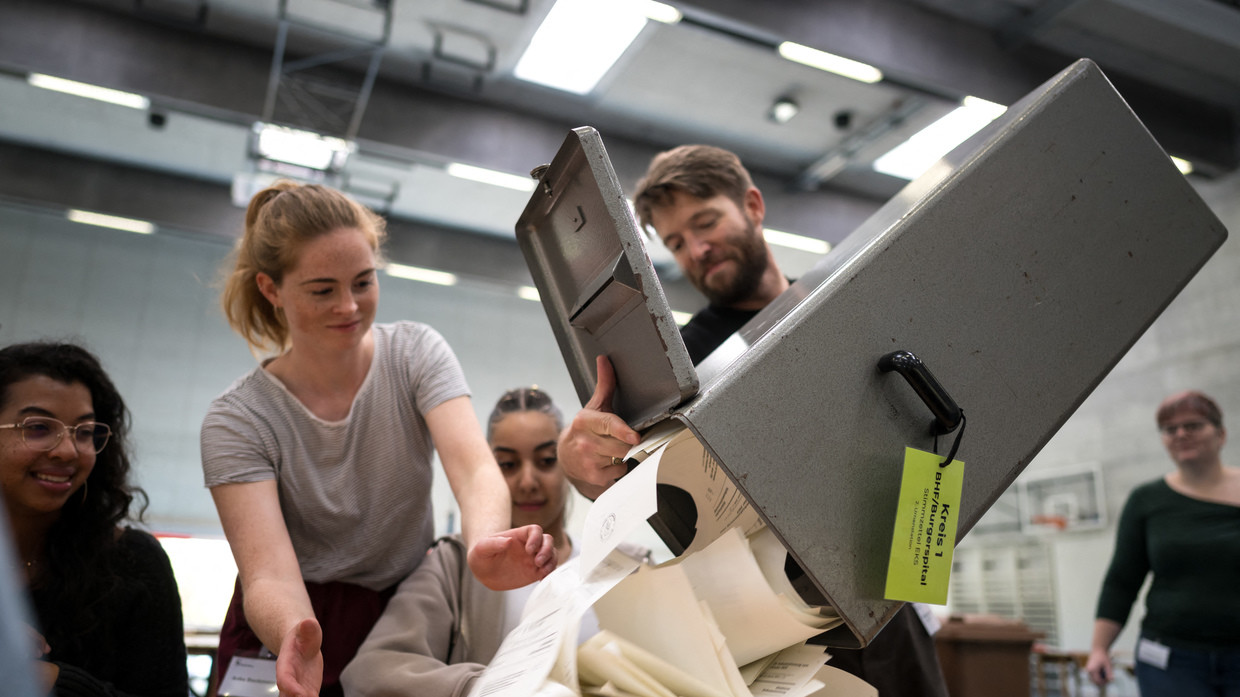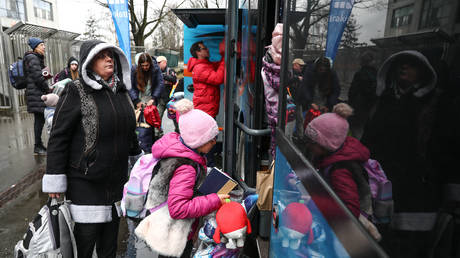The Swiss People’s Party (SVP), which campaigned on a pro-neutrality and anti-immigration platform, emerged as the main winner in Switzerland’s general election on Sunday, garnering 28.6% of the vote.
Amid the ongoing Ukraine conflict, some politicians and officials in the country had been calling for closer alignment with NATO and the abandonment of strict neutrality.
The result represented an increase of three percentage points from the SVP’s showing in 2019. The Social Democrats trailed behind with 18%, with several other parties receiving less than 15% each. The Green Party appears to have been the main loser with a little over 9% – almost four percentage points less than in the previous election.
The right-wing SVP thus gained nine seats in the 200-seat National Council, bringing the number of its representatives to 62.
The SVP has been the most popular political force in Switzerland over the past two decades, but the result on Sunday is among its best on record.
The party wants to restrict immigration to keep the country’s population under a threshold of 10 million, citing overstretched infrastructure and a lack of housing.
The SVP also insists that Switzerland should remain neutral despite recent geopolitical tensions in Europe.
Back in August, a policy document released by the Swiss Army detailed plans to step up its military cooperation with NATO “as much as possible.” Swiss military leaders advocated bringing the army’s operations in line with NATO doctrine, as well as joining the EU’s Permanent Structured Cooperation (PESCO) defense framework and its European Sky Shield Initiative.
These measures were necessary due to the Ukraine conflict, the report said, claiming that an “epoch of peace in Europe is coming to an end.”
Switzerland has maintained a policy of neutrality since 1815, and did not take sides in either of the two world wars. Since the start of the conflict in Ukraine, the country has imposed sanctions on Russia, taking its cue from the EU, and sent economic aid to Kiev, but has refused to supply weapons or allow other countries to send Swiss arms or ammunition to Ukraine.
However, some members of the Swiss government have been calling for the relaxation of this long-standing foreign policy. The Swiss People’s Party and the Social Democratic Party have been critical of such suggestions.
Speaking to the Russian media back in February, Russian Foreign Ministry spokeswoman Maria Zakharova said Russia no longer viewed Switzerland as neutral after it joined the “West’s illegal unilateral sanctions.” The diplomat noted that this move disqualified Bern as a potential mediator in the conflict.


